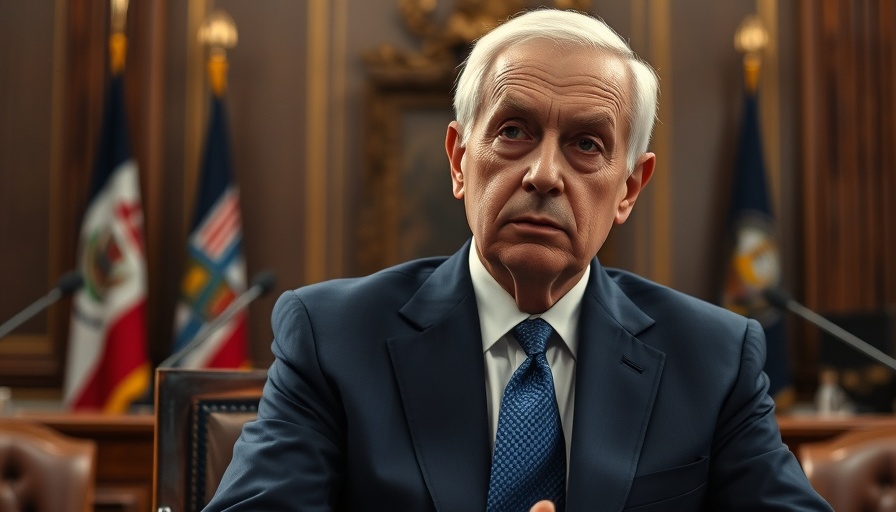
Kamala Harris Stays Silent on Democratic Leadership
In a recent appearance on The Late Show with Stephen Colbert, Vice President Kamala Harris was notably evasive when asked to identify who she sees as the leader of the Democratic Party. Her ambiguous response—"There are lots of leaders"—has sparked a wave of speculation about the current state of Democratic leadership and potential divisions within the party as they approach critical upcoming elections.
Context of Uncertainty
This moment reflects a broader uncertainty that has been simmering within the party. As Democrats face significant challenges, including rising inflation and internal debates over social issues, the lack of a clear frontrunner may create complications for their electoral strategies. Political analysts note that Harris’s reluctance to name a leader may suggest a recognition that the party is still grappling with its identity.
Implications for Upcoming Elections
Harris’s comments come at a time when many are questioning the viability of existing candidates as they prepare for the 2024 presidential elections. Observers have pointed out that the absence of a unified figure at the helm may hinder the party’s ability to present a cohesive front against Republicans. This is particularly concerning given the political dynamics in play, as the GOP seeks to capitalize on perceived weaknesses within the Democratic ranks.
Pushed Towards Independents?
The evasive nature of Harris's answer might also pave the way for a discussion about the future of independent candidates. With dissatisfaction towards current party leaders, some voters might be looking for alternatives outside the two-party system, showcasing a potential shift in the political landscape leading into 2024.
The Vice President's hesitancy has opened a critical conversation about leadership and the future direction of the Democratic Party, raising the question: who will emerge as the party’s consensus candidate in the face of mounting challenges?
 Add Row
Add Row  Add Element
Add Element 



Write A Comment